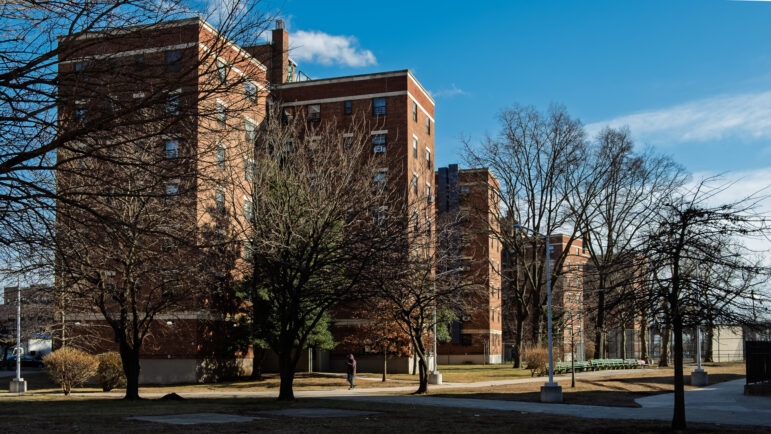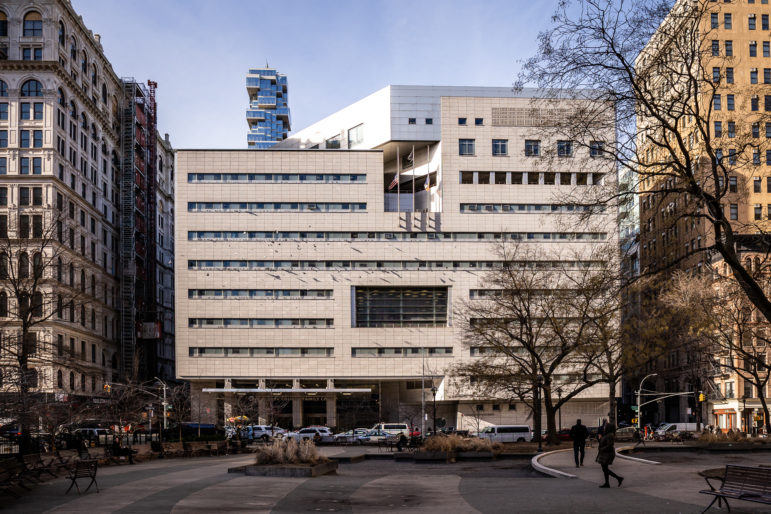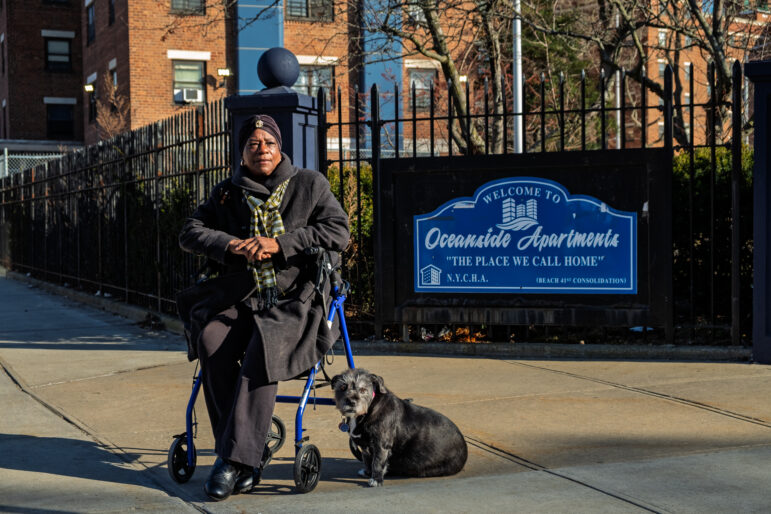In this economic crisis, pain is felt across the board, but not surprisingly low- and moderate-income families and communities are the most severely impacted by job losses, the housing crisis, and the tightening of credit. As a result, low-income people who struggled through the boom years are doing even worse in this recession.
Especially in an economic downturn, I believe it is our government’s responsibility to protect those most in need by preserving – if not expanding – services that support them. As the job market tightens, it is critical that working parents trying to hold on to their jobs have reliable, nurturing places for their children while they are at work. As neighborhood stability falters, it is essential that young people have safe places to go during afterschool hours, as well as access to the enrichment programs and guidance they need to succeed in school and beyond. And at a time when the population of older adults is rapidly expanding, it is important that older New Yorkers can obtain the support and stimulation provided by senior centers, home-delivered meals and case management services in order to remain healthy for as long as possible.
In addition to providing a vital support system for individuals and communities, child care, afterschool programs, senior centers, and other human services bring substantial economic benefits to our city. Employment and job training programs as well as literacy and English classes improve the quality of the workforce. Youth development programs, mental health counseling, drug prevention and treatment, and eviction prevention programs keep families healthy and neighborhoods safe. Settlement houses and other community-based human service agencies employ within their neighborhoods and help community residents find and maintain jobs, thereby increasing family incomes. All these things, in turn, improve conditions for businesses and stimulate the local economy. Furthermore, because human services are often preventive in nature, they save the city money by avoiding costly expenditures for foster care placements, homeless shelters, juvenile detention facilities, and nursing homes, among others.
Despite their clear social and economic benefits, human service programs are regularly forced to absorb budget cuts. City-funded child care, youth development programs, and aging services have incurred millions in reductions in this fiscal year alone through across-the-board cuts and mid-year budget modifications. There is simply no fat left on the bone. And yet the city proposes to cut further. The FY2010 city budget slashes millions from children’s services, youth development programs, ESOL and adult literacy classes, legal services, homelessness prevention programs, and senior centers and supportive services. Crucially, the budget proposes to eliminate over 10,750 afterschool program slots for under-served youth, remove more than 1,000 subsidized child care slots and 3,000 child care vouchers from the system, and cut more than $12 million from senior centers and services, resulting in the reduction of all senior center budgets and elimination of the weekend meal that centers provide. (See my organization’s budget analysis here.)
The result? Thousands of low-income families will be unable to afford child care. Afterschool programs for youth and teens across the city, including Educational Alliance’s Edgies Teen Center, which provides a home away from home for hundreds of teens living on Manhattan’s Lower East Side, are at risk of closure due to a $6.07 million cut to Out of School Time. Queens Community House’s SAGE Queens, the only community-based LGBT senior center in the borough, may have to shut its doors as a result of the more than $7 million cut to the borough president’s discretionary funds for aging services. Rather than making these harmful cuts to human service programs, the city must look at its revenue options.
I do not believe it is the job of human service organizations to tell city budget chiefs how to raise revenues and balance the budget, nor is it our area of expertise. It is our job, however, to speak out when further cuts cannot be sustained. The proposed cuts in the budget are harmful for clients, counterproductive for the city, and in many cases will undermine nonprofit agencies, as they come at a time of increased demand for services as well as large funding reductions from private donations and foundation grants. Everyone has to share in the sacrifice, but nonprofit human service organizations and the communities they serve have already done their part.
Restoring necessary funding for human services in the budget would cost between $150 and $200 million – roughly one-half of one percent of the city’s $60 billion budget. Imposing these cuts rather than finding the revenue needed to prevent them is a question of priorities, not of means. In the coming days as the final city budget is negotiated, the mayor and City Council must focus their priorities on protecting those most in need.
Nancy Wackstein is the Executive Director of United Neighborhood Houses, the umbrella organization for three dozen social service agencies.








